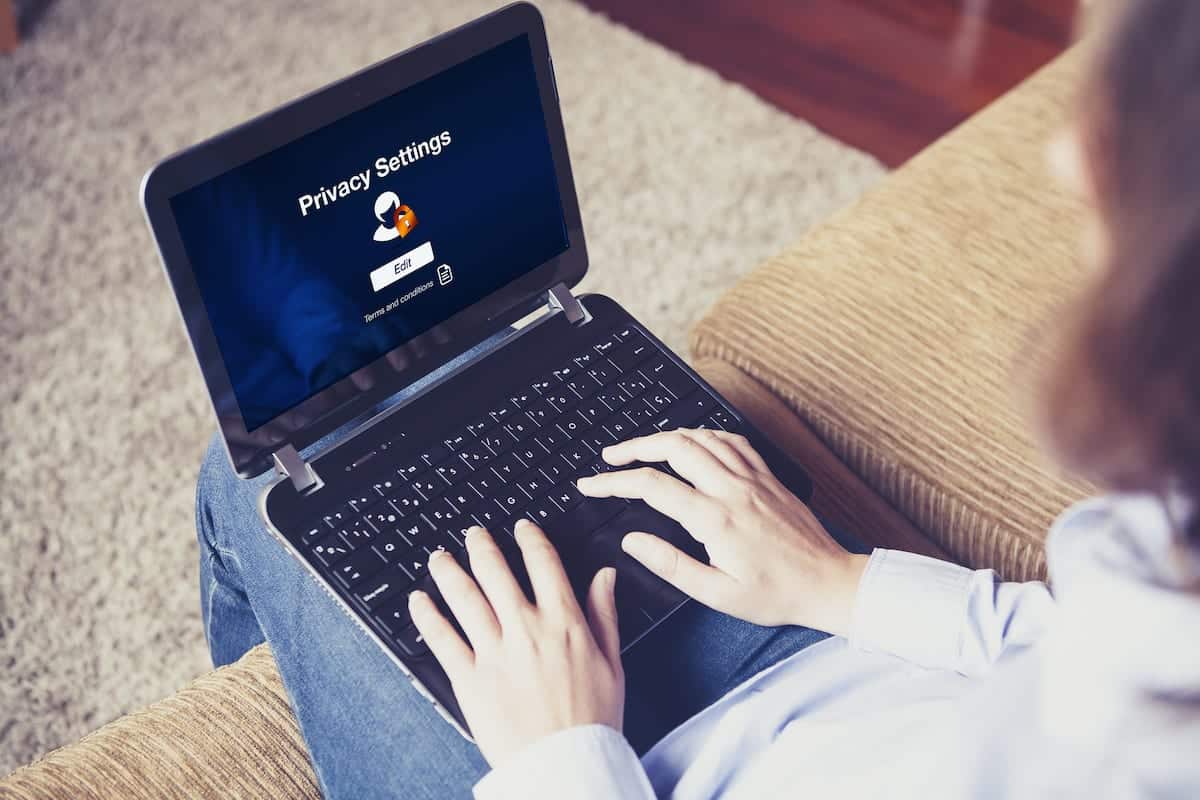If you’re using at least one social media network, you’re exposed to several risks. Along with the digital advancements, the number of hackers has significantly grown worldwide.
It is in our duty to browse the web in a secure manner and to engage in a responsible social media activity that takes into consideration the potential risk factors. By giving away too much information and neglecting your social media accounts, unfortunate events like identity and card theft can happen. Your PC can be hacked; your photos leaked; your image damaged.
You can be even blackmailed by hackers who use “ransomware,” a tool that blocks your sensitive personal information until you put a certain sum of money into your hacker’s accounts. To avoid all these unpleasant happenings, check out these tips and tricks on how to stay safe while using social media.
1. Modify Your Privacy Settings
First off, make sure that your email address and phone number are private instead of public.
If you use Facebook, ensure that your posts are visible only to your “Friends” or “Friends of Friends” instead of “Public.” You can also hide your friends from public sight, so nobody will be able to see your friends list.
If you use Twitter, lock down the “Discoverability” boxes found in the safety and security control section.
If you use Instagram, set your profile to private.
2. Activate Two-Factor Authentication
To avoid getting hacked, activate two-factor authentication, the feature that makes it possible for you to sign-up using a unique code received on your phone.
Considering that your phone number is unique, and your hacker hasn’t stolen your phone or number, breaking into your account will be much harder.
Even though social media networks are supposed to be places where you share personal information to connect with others, beware of the potential threats. It is highly advised that you avoid sharing sensitive information such as address, credit card, phone number, and anything that may help a hacker find more about you.
4. Don’t Accept Fake Accounts
If you suddenly receive a friend or following invitation from a person who you already know to have in your friends list, immediately check if the account who approached you is duplicate. In case it is, don’t even consider accepting. A fake profile can study everything you post and can get access to your personal information.
5. Don’t Sign Up Using Your Social Accounts
Many third-party websites allow you to sign-up to their platform by using your social media profiles. Google, Facebook, Twitter – these are popular options that many people opt for instead of creating a private account with the platform.
These are shortcuts that significantly increase the risk of a breach. If someone hijacks the website you’ve registered to, they may easily get access to your social accounts.
6. Avoid Giving Profile Information Permission to Quizzes and Games
Most games and quizzes ask for some form of permission. Well, giving away the access to your profile and friends information can often result in your email being sold to advertisers. Some of the spammy emails you receive might be a result of just that!
7. Store Your Passwords Offline
Storing your passwords on a piece of paper is the simplest way to improve the security of your social media accounts. Of course, automatic password saving is very convenient, though not safe at all.
8. Use Strong Passwords
You should use strong passwords generated by password generation tools. Randomize your password, store it offline, and keep it somewhere secret and safe.
9. Change Your Passwords Often
One more thing about passwords. I’d suggest you change your social media passwords every three months. Not just your Facebook password, but all the passwords that you use on a regular basis.
If you value Facebook more and keep all your conversations there, then Facebook should be your top priority. If it’s Twitter or Instagram, then you should opt for changing the password even more often, say every month.
10. Set Up Security Answers
Setting up security answers is another basic yet neglected strategy of securing your social media activity. A one-word answer that only you know can protect you whenever your social accounts find something that’s not right.
For example, if somebody tries to access your account while using a weird IP, your account might be blocked until you provide the security answers.
11. Click Links with Caution
Social media networks are full of links. A social network cannot check absolutely every link that’s posted, because billions are posted each minute.
This is your responsibility. Whenever you see weird links with weird formats (.xyz, .ffz, or any other weird extensions), stay away.
12. Use Antivirus Software
Activate your firewall and use an antivirus tool in case your computer is breached. Someone can steal your social media profiles and information by hacking your computer from a different angle.
13. Avoid Public Hotspots
Just avoid logging into your social media accounts when public hotspots are the only Internet connection available. Better wait until you get a safer connection!
14. Use a Separate Email
Lastly, you should use a separate email for your online activity and keep your personal email just for personal and professional conversations.
Now that you know what to do, it’s time to take action and put these tips into implementation. Don’t ignore this advice, or it might happen for you to regret it later!

